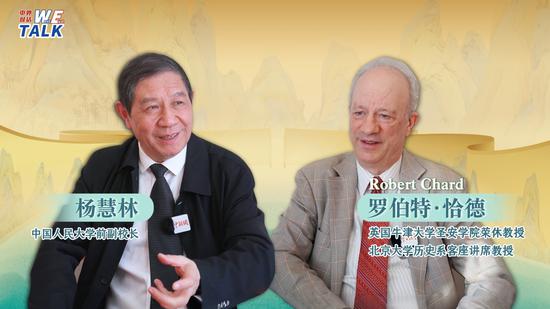A century of change
During the Ming and Qing dynasties (1368-1911), Moshikou was a prosperous area. As wine shops and inns flourished to cater to camel caravans passing along what was called the "Camel Bell Ancient Road".
The block's historical connection to camels is depicted in the classic novel Camel Xiangzi by renowned novelist Lao She, which captured the everyday life of Beijing residents in the late 1920s.
The modern development of Moshikou began in 1922 when it became the first village in Beijing to have electricity.
A year later, to reflect the progress brought by electrification and other advances, the meaning of the name of the village was changed from "millstone" to "model", with both having the same Chinese pronunciation.
Moshikou, "the model of all villages", has been used ever since.
Despite the changes, An remembers the vital role camels played carrying loads weighing up to 350 kilograms of goods.
"At that time, when it rained, the dirt road turned muddy and the carriages could not pass through, so they could only rely on camels for transport," he said. "Later, as the road improved and more carriages appeared, the camels were gradually phased out."
An's family has been in Moshikou for three generations. He currently lives with four family members in a house covering about 300 square meters, half of which is leased for commercial use.
"I'm glad that the street has taken on a new look, and the change has been obvious," he said. The stores and shops, as well as the walls on both sides of the street, have undergone a major face-lift, with some of the houses retaining their original appearance, he said.
New food shops have popped up, attracting locals and visitors from the surrounding area to sample their dishes.
Before the changes, the street was a hive of activity, with stalls selling pork, Chinese chives and snacks, said An. "I especially liked the tofu made with water from the deep mountain spring," he said.
Since the renovation, the whole atmosphere of the street has improved and the food offerings have changed. An said he had tried two new food offerings and preferred the pancakes he sampled to a dish that was popular with visitors.


















































 京公網安備 11010202009201號
京公網安備 11010202009201號